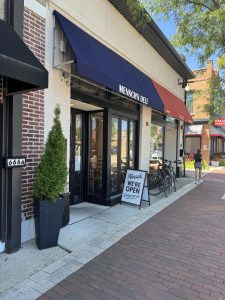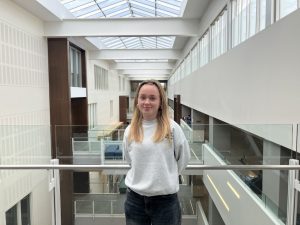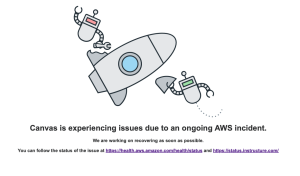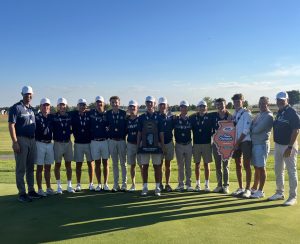In terms of PDA, when and where is it okay?
April 1, 2016
Walking through the halls of New Trier, you’re bound to happen upon the following: friends talking, theatre kids singing, a teacher con- versing with a colleague, and the occasional couple kissing, hand holding and hugging.
When it comes to public dis- plays of affection (PDA), some couples do it, others refrain from it, and on- lookers either abhor it or adore it. I, for one, am somewhere in the middle.
PDA ranges from full-on make-out sessions to simply hold- ing hands. The reason behind this behavior among couples varies as well. Some do it because they want to aunt the strength of their relationship; others do it because they’re genuinely passionate people who can’t contain themselves, regardless of the time or place.
For onlookers, like my single self, however, I feel like I’m stuck in this middle ground. Displaying one’s affection for another is meant to be an intimate moment. When you put this moment in a public place, it can feel borderline intrusive.
You and your partner typically (and hopefully) exclude strangers when in the act, whatever that may be. When a third party (us) is invited in, there’s a feeling of embarrassment.
In a sense, the couple turns everyone else into an unwilling audience, which can be discomforting.
However, not all kisses, hugs, and hand-holds are awkward for those looking. In fact, depending on the locale, an intimate moment can be really sweet.
The airport or train station is a perfect example of that. Those places are typical for greeting or departing, so when we witness a couple hugging it out, their back story all of the sudden surrounds them. Is he stationed overseas? Does she travel for work and is never home with their kids? Is this her first time going away to overnight camp? The intimacy feels more celebratory when distance is at stake.
I think public displays of affection are generally viewed as sweeter outside of school, probably because school isn’t exactly “public.”
When I have a personal connection to the couple I just saw cuddling, feelings of irritation run through me. Even if I don’t know them, I tend to feel ashamed for the teachers that do.
When I’m on a city street amongst strangers, however, PDA is judged to be less shocking because it’s much less “in your face”. Cars are rush- ing by, trains roar overhead, music is heard from inside shops as doors open and close, you hear a piece of gossip as people briskly walk by, mid-conversation.
There’s so much distraction that someone kissing on a bench can easi- ly go unseen. Plus, I’m usually preoc- cupied and therefore more oblivious.
PDA doesn’t have to be limited to kissing. People do everything in public.
Last year, junior year, which is by far the most “emotional” year of high school, I was working on a project for journalism. Let me preface this by saying it was one of those projects that could have been executed using minimal effort, but I went in, full force, and basically tried as hard as possible.
Long story short, the assignment sent me to the Apple store because I took my SD card out of the slot be- fore my footage was saved correctly (rookie mistake).
The Apple store, typically good at miracle working, couldn’t sal- vage my footage and sent me on my way having to start the entire lm over.
That evening, I walked through the mall crying hysterically (Re: junior year, very emotional). I didn’t care who saw and actually liked the lack of privacy within such a personal moment.
It sounds counter-intuitive, but there’s much more anonymity in numbers. It’s less awkward to make-out in a large crowd rather than a quiet street with one lone- some person wandering by. The same goes for crying: would you rather cry in an empty coffee shop or in a crowded mall?
F. Scott Fitzgerald wrote, “I like large parties. They’re so intimate. At small parties there isn’t any privacy.” The same goes for PDA. At school, it feels too personal. But in a train station or on a street corner, by all means, go for it.












































